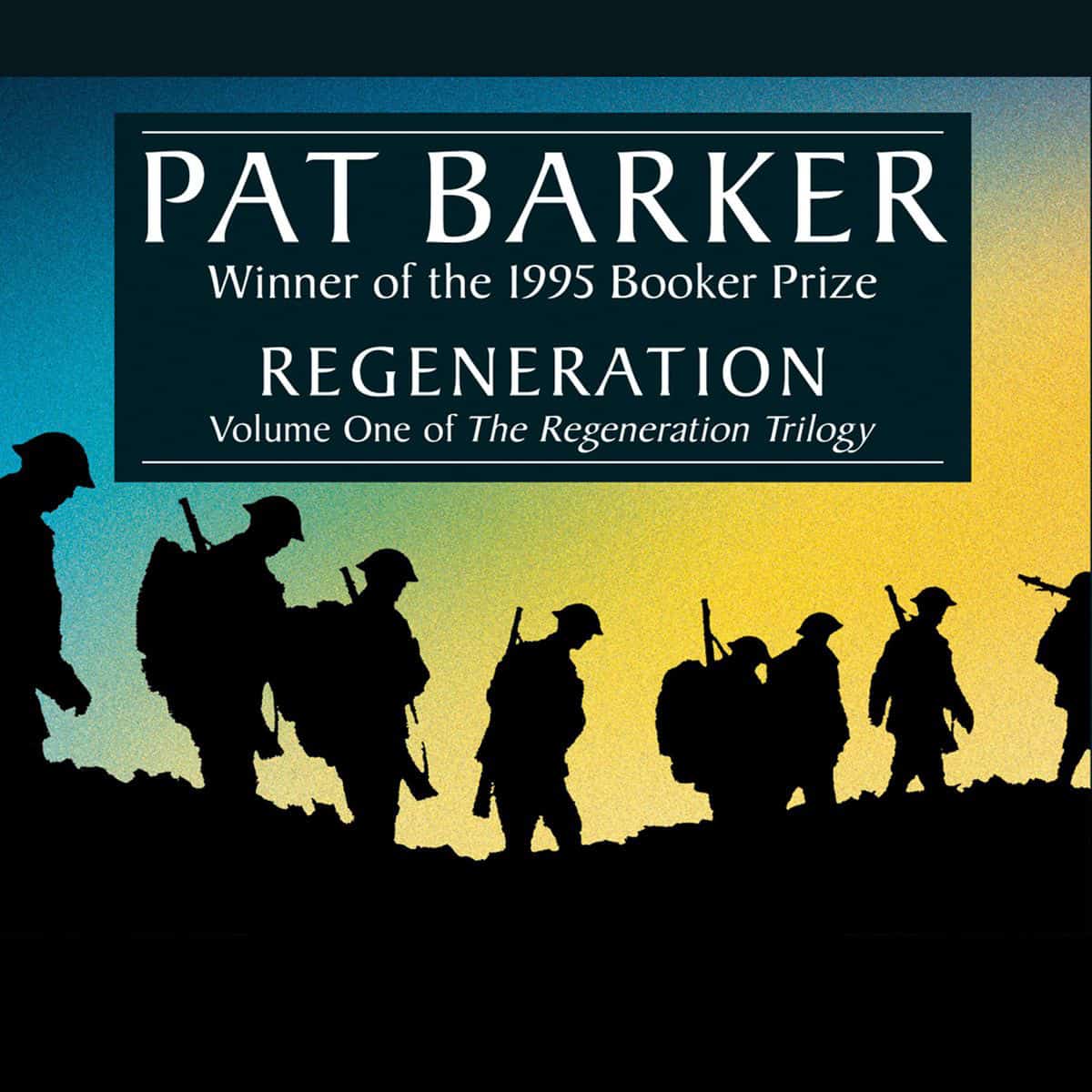Study of a passage p.37-38: “he got off at the next stop […] whine of shells“.
This passage is not a dialogue. The narrator is telling us about Burns. Presence of realistic elements: stress on concrete details (“a tuft of grey wool“). Use of chronological order + realistic framework.
Everything is seen through Burns’s subjectivity: he is the central focalizer and we move from an objective description of landscape to a subjective mindscape.
Presence of subjectivity
Focalization
Burns is the focalizer (internal focalization): “looking up and down“. Burns does not only look, he feels trough his skin: “raindrops”, “burning round the knees”.
He also hears the pigeon.
Narration
Passage characterized with 3rd person narration. From time to time, the voice of the character emerges:
- “it was so long since he’d been anywhere alone”.
- “up, up”.
Burns is talking. The main effect is to reduce the distance between the reader and the character.
The impossible escape
Burns has left the hospital in an impulse. He does not know where he wants to go. His mental state is extremely fragile and even the traffic is too much for him. He favours a solitary place: “a hill”. Desire for escape:
- out of hospital.
- away from human beings.
The hill: a savage and desolate place. The stress is on the upward movement:
- “up, up”
- repetition of “hill”
- “climbing”
- “crest”
When there is an insistence on something in the text, it may have a symbolic meaning.
- upward movement: usually trying to find a better world.
- quite consistent with his desire to get away from human beings.
- it is unconscious.
The problem is that he goes up but he is stopped: “way barred by a force”. His progression is hindered and he becomes a prisoner of Nature. Intention to move on: “he pressed two strands of wire apart” but failure: “catching his sleeve”. Then panic: “breaking into a sweat”. Burns tries to protect himself: “steeple of his cupped hands”.
There are 2 symbolic meanings:
- protecting his breath,
- steeple: symbol of the church.
=> he ought to take shelter.
An aggressive nature
3 elements out of 4 are present in the text:
- Air: wind
- Earth: mud
- Water: rain
The 4 elements are necessary to life but here rain aggresses Burns and blinds him. No freedom. Air: high wind and maline intention (evil wind). “Snatching away” : the wind is trying to kill him.
The landscape of Scotland becomes the landscape of Flanders. Burns mistakes a place for another (confusion) and a moment for another: there is no present for Burns since what he lives is the war.
That is the way Pat Barker chose to express Burns’ trauma.

